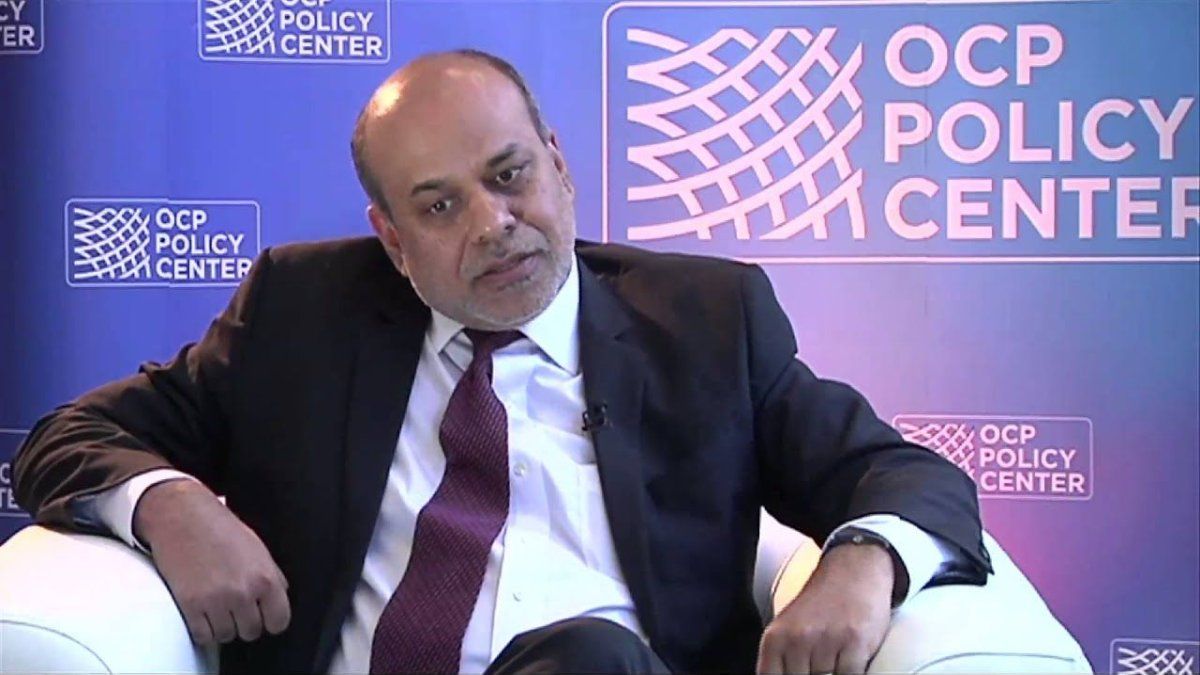It is not being the best year for the Japanese yen. currency sank to almost four-decade lows with the US dollar, severely affected by a massive closure of carry trade positions taken in yen. This episode caused a Japanese stock market crash. The market has since recovered, but one guru who predicted this crash has started to put in short-term reserves.
Arif Husain’s advance
It is about Arif Husseinhead of fixed income at T. Rowe Price, one of the first to warn in 2023 of the effects that interest rate hikes would have carried out by the Bank of Japan (BoJ).
In a report published in June last year, Husain warned that Japanese monetary policy “could be the San Andreas fault of global finance.” “I know the BOJ is aware of the effect it could have on global markets, but it is a real and present danger, in my view. I certainly think it is something that should be on our radar as investors,” he explained.
The Japanese crash that generated a wave of volatility in the markets
Now, this expert warns that investors “They just saw the first change in that fault” and stresses that “there are more” episodes of volatility ahead, Investors may be ignoring a key factor in the global fall in fixed and variable income caused by the Japanese crash.
“The scapegoat of the yen carry trade ignores the start of a larger and deeper trend. The BOJ’s monetary tightening and its impact on global capital flows is far from simple, and will have a major influence in the years ahead,” Husain said.
According to the head of fixed income at the US asset manager, the contrast between the monetary policy of the Federal Reserve (Fed) and the BoJ could shake global markets again sooner rather than later.
yenlibradolar.jpg
For a financial guru, volatility will return to the markets after the next moves of the BOJ and the Fed
Change in monetary policy of the Bank of Japan
On August 7, Bank of Japan (BoJ) Deputy Governor Shinichi Uchida said the monetary authority will not raise interest rates when financial markets are unstable. “As we are seeing strong volatility in domestic and international financial markets, “It is necessary to maintain the current levels of monetary easing for the time being”he stressed.
In this regard, the yen has managed to stabilize around 140 points against the dollar, but volatility remains high. In this regardthe market assumes that the Fed will lower interest rates on September 18while the BoJ will announce its next monetary policy decision later that week: on the 20th.
In this context, Husain is in favour of overweight Japanese public debtas he sees capital likely to return to the country as yields rise. He also prefers underweight US Treasuries, as they could come under increased pressure as Japanese institutions abandon the US for their home country. The yield on 10-year Japanese government bonds rose 1.5 basis points to 0.92% on Tuesday, the highest level since August 6.
“At some point, rising yields in Japan could attract the country’s big life insurance and pension investors back to Japanese bonds from other high-quality government bonds. Indeed, This would reorder demand in the global market”this strategist says.
Source: Ambito
I am a 24-year-old writer and journalist who has been working in the news industry for the past two years. I write primarily about market news, so if you’re looking for insights into what’s going on in the stock market or economic indicators, you’ve come to the right place. I also dabble in writing articles on lifestyle trends and pop culture news.




